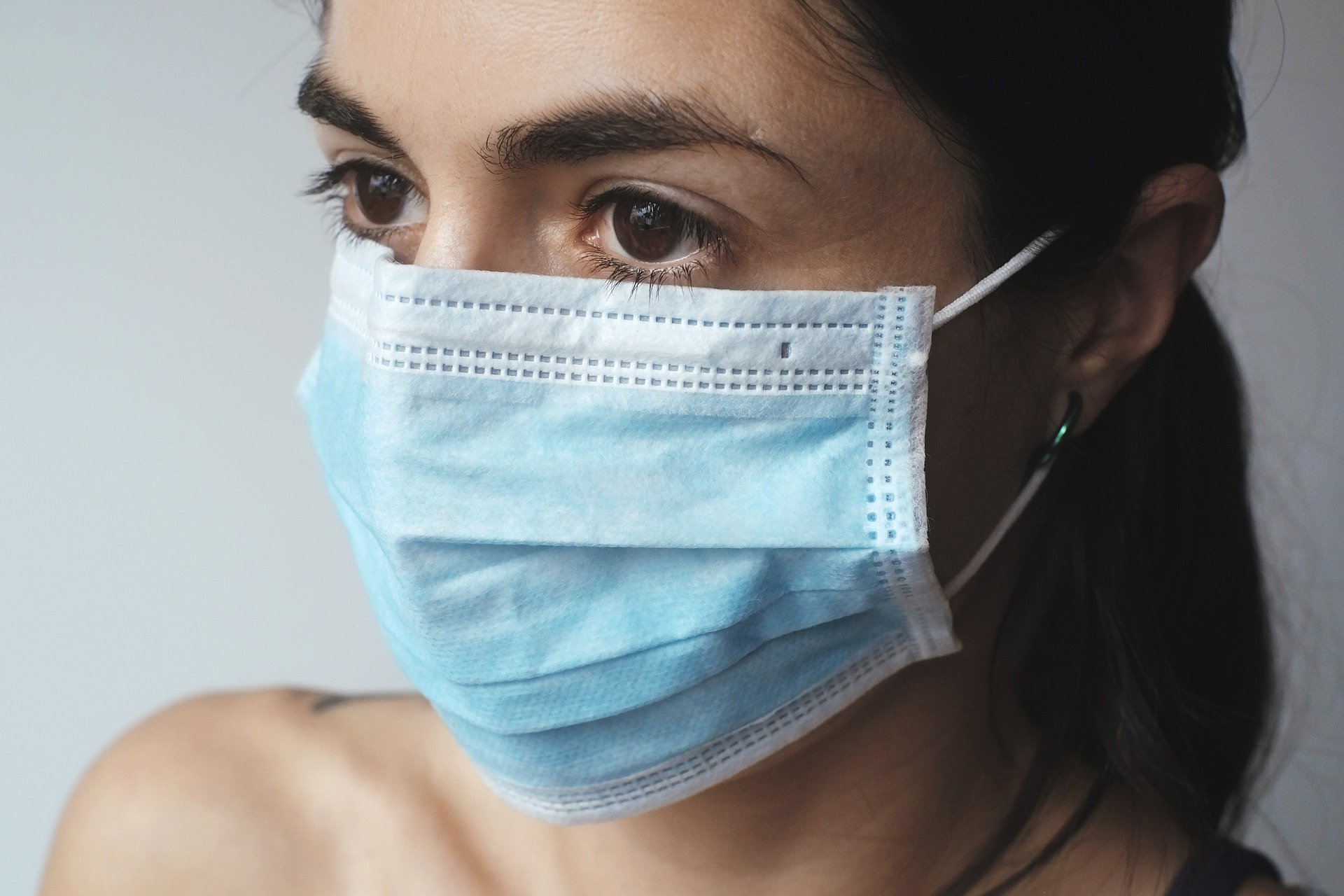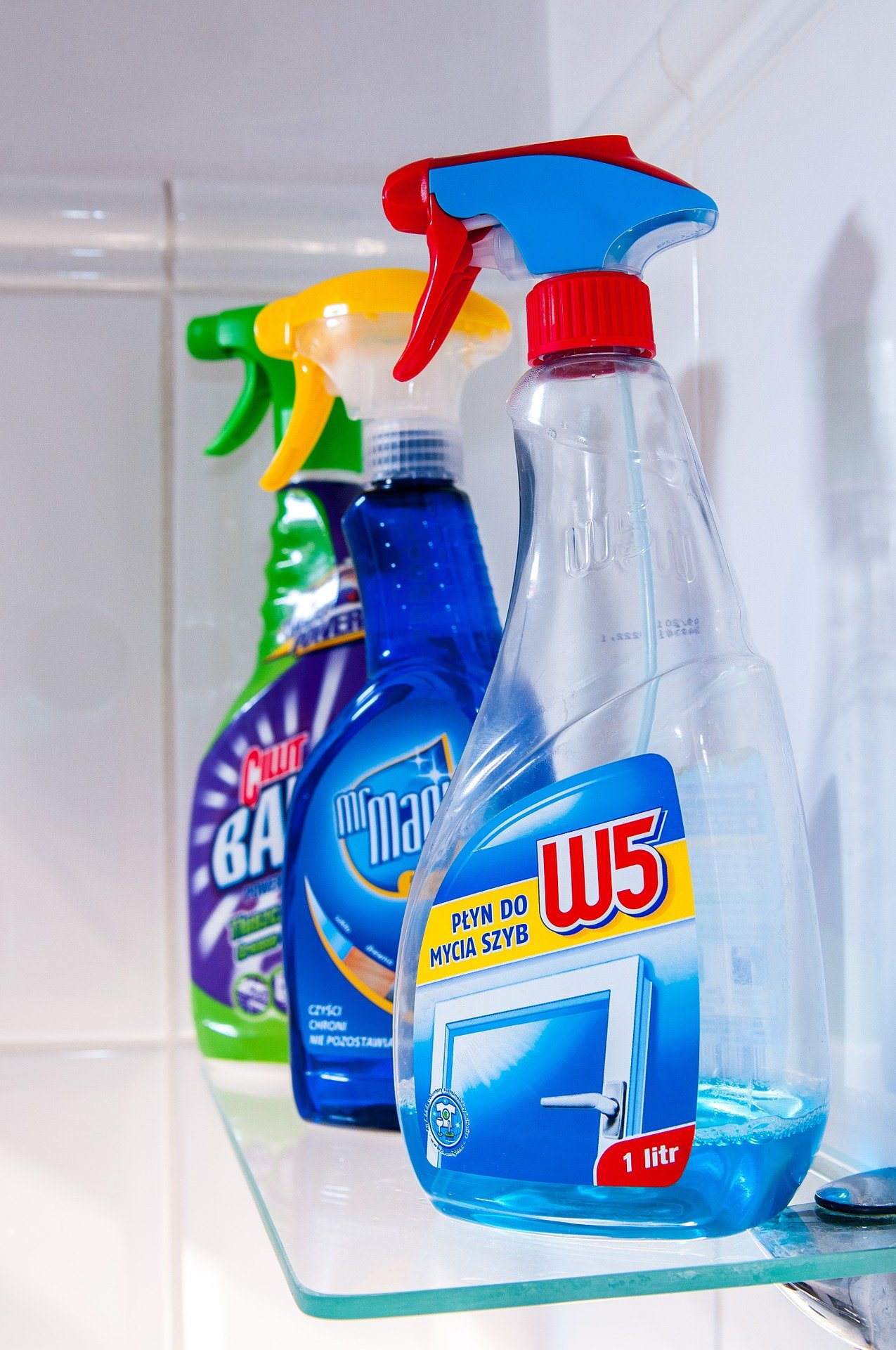
Top 5 Skincare Tips to Follow When Wearing a Mask*
With Canada already facing the third wave of COVID, the need for face masks is showing no signs of slowing down. Various global agencies back the need for masks along with other preventive measures to halt the spread of this deadly virus.
However, with the country moving towards hot and humid weather months, one needs to consider different ways to keep their skin fresh to avoid any discomfort. Are you following any skincare tips to take care of your skin while wearing masks? If not, here are the tips and tricks shared by dermatologists to take care of your skin in times of pandemic.
But before we move on to the tips, the first step is selecting the suitable mask for yourself. Don’t know what it could be? Let’s find out now!
Face Mask- Determining The Best Fabric
As per the reports shared in the PLOS One, silk, cotton, and polyester masks were better in protecting the wearer against the threat of the virus. However, if you had to choose one, silk masks were amongst the most preferred fabrics. As per this report, silk fabric repelled and resisted the aerosolized droplets the most. And that too after many rewashes.
Although their entry might seem reasonably new in this market, experts recommend using this fabric for the skin. Why? As it causes minimal creasing and friction.
Now that you know the type of fabric, the next step is to follow the skincare routine mentioned below.

Skin Care Routine When Wearing Masks
Remember, face masks only protect you if they are clean or freshly laundered. So, make sure to keep a stock of face masks so that you can keep them changing. Since the summer months are about to arrive, it would be better to change them once they get sweaty. Use fabric face masks such as silk masks as mentioned before so that you can reuse after washing.
Also, you can use the time between changing masks to wash your face. It would be beneficial if you have skin issues like acne.
Avoid The Use of Fabric Softeners
The chemicals used in scented detergents or fabric softeners often cause skin irritation. So, go for the options that do not use scents. Another reason is that these chemicals will make your fabric less absorbent. Hence, it might cause a ventilation problem. And this could further cause skin problems. So, you must opt for hot water and unscented soap and let your masks air dry to avoid any skin issues later.
Do The Obvious- Wash Your Face Regularly
Skin specialists suggest washing your face at night to get rid of the grime deposited during the day. This step will help your skin to breathe when you go to sleep. Additionally, experts suggest using micellar water to make your skin soft by removing extra dirt or makeup.
Moisturize Your Skin
Ensure that you cleanse and moisturize your skin on a regular basis. Doing this will help you protect your skin against a variety of skin problems. Usually, people with dry skin often face skin irritation issues after wearing a mask. So, applying makeup can help you add a layer of protection to reduce any dryness.
Doctors recommend opting for the moisturizer with one of the following ingredients: ceramides, hyaluronic acid, and dimethicone. Other than this, follow the steps below when selecting a moisturizer.
- Gel moisturizer if you have oily skin.
- Go for lotion if you have a combination of normal skin.
- Use cream if you have dry skin.
You can also opt for zinc oxide as your skin protectant over your nose and behind your ears to avoid chapped skin. Some experts recommend placing a bandage between skin pressure points and a mask to provide a cooling relief to your skin.
Remove Your Dead Skin More Often
Exfoliation is a technique that allows you to remove dead skin while preventing oil build-up or clogged pores. But don’t limit it to once a week like you used to. Instead, since you’ve to wear masks regularly, consider going for this at least two or three times a week.
But what if there is a skin breakout? What to do next? Let’s find out!
In case you form any skin blister, you can apply an antibiotic ointment or use a bandage to create a layer between the blister and the mask. And if you have acne-prone skin, ask your doctor to recommend some products. Doing so will help you avoid any squeezing pimples infecting other skin areas.
Keep a Check on Your General Wellness
Besides all the other factors, the stress levels are also contributing to sudden skin reactions. So, it doesn’t mean that the mask or your skin is the issue. It’s just that your body is sending signals that you are under stress and you need to take care of your body.
Doctors suggest dehydration, increased caffeine intake, or a lack of vitamin D might be causing all this. So, make sure to eat a balanced diet, drink plenty of water, and lower your caffeine intake. Also, don’t let anything impact your sleep cycle. All this combined will allow you to rejuvenate your skin and your body simultaneously.
But hang on!
Don’t forget to take care of your hands while taking care of your face. Since you need to do a lot of hand washing, it can strip the natural oils away from your hands. So, whenever washing hands, follow the tips mentioned below.
- Always use cool or lukewarm water to wash your hands.
- Please don’t go for any antibacterial cleanser as it might irritate your skin.
- Also, make a habit of wearing gloves when disinfecting the surfaces since some ingredients might be harsh on your hands.
Wrapping up
You should never give up on wearing masks or washing your hands. Even you understand that they hold critical importance in protecting you against the deadly virus. However, if you face any skin-related issues that you cannot take care of with the tips mentioned above, make sure to talk to your doctor instantly.
That way, you can avoid any skin-related issues easily.




